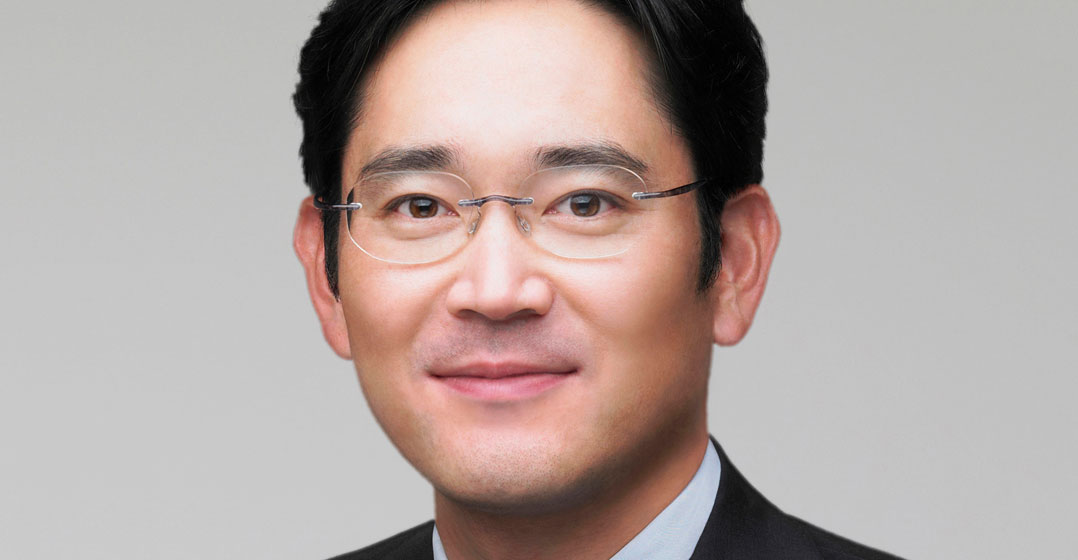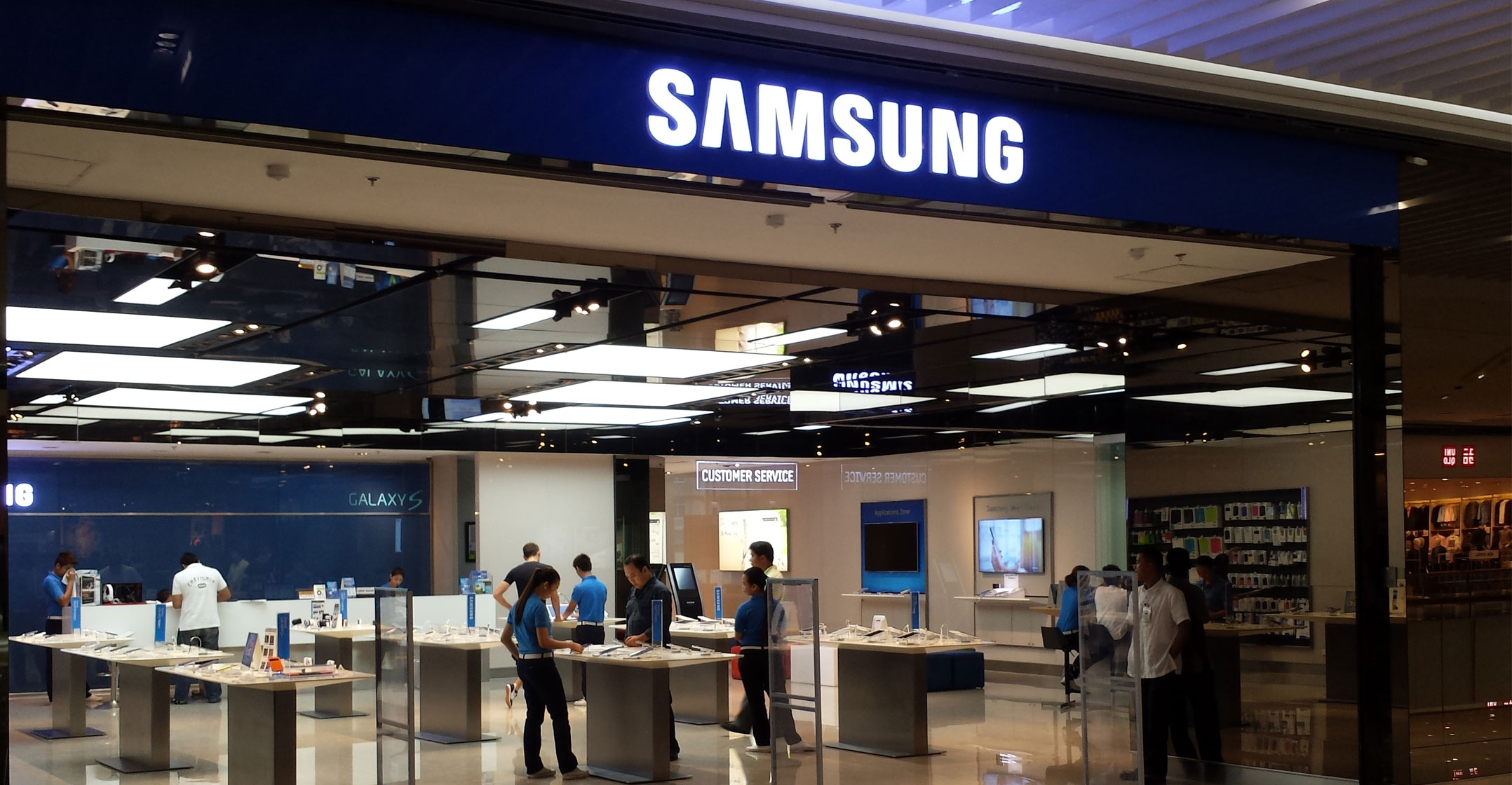
Samsung Electronics heir Jay Y Lee has been sentenced to two years and six months in prison over bribery charges, a dramatic conclusion to a years-long graft trial that had inflamed outrage in the country over the cosy relationships between government and business.
Monday’s sentencing lands the top decision maker at the world’s biggest electronics company behind bars at a time of rising competition and global uncertainty. The Seoul high court first jailed Lee in 2017 after convicting the billionaire for his role in a corruption scandal that toppled former president Park Geun-hye. The Samsung Group’s de facto leader served a year in prison but was released in February 2018 after his original five-year term was halved and suspended. The supreme court overturned that verdict and ordered a retrial in 2019.
Lee, 52, has been embroiled in a legal fight that started four years ago and stemmed from a controversial merger in 2015. The Samsung executive was accused of offering horses and other payments to a friend of the former president to win support for his formal succession at the corporation. The supreme court upheld a 20-year prison term for Park last week, citing wide-ranging charges including bribery related to Samsung.
“This is shocking news for Samsung, but Samsung should wrap up this legal wrangling and move forward,” said Chae Yi-bai, a former South Korean lawmaker who has worked at a non-profit shareholder activist organisation. “Since Lee already spent one year in prison, there will be one and a half years of a leadership vacuum.”
Shares of Samsung Electronics fell more than 4% after the sentence was read out loud. An attorney for Lee called the decision “regrettable”. Samsung Electronics declined to comment on the outcome.
Vacuum
The vacuum atop the world’s largest producer of memory chips, smartphones and consumer appliances comes as the Covid-19 pandemic is exacerbating rising uncertainty around the US-Chinese relationship and intensifying competition. While Samsung’s daily business is run by an army of managers, Lee’s absence may stall or complicate massive investments or strategic longer-term moves. The executive has played an active role at the company, frequently joining government-related and public events after he was released from prison.
Shin Se-don, an emeritus professor of economics at Sookmyung Women’s University, called the prison sentence “too excessive” and warned that there could be a backlash against the government, given the importance of the Samsung Group to the country.
“Lee might be able to manage the company from jail, but there will be some setback,” said Shin. “The jailing of Lee will give an emotional shock to the people. Samsung is a backbone of our economy and people will be upset about the result.”
 During the last hearing on 30 December, Lee read out a lengthy personal apology over the case — reiterating pledges he first made in May — stressing his effort to make Samsung great while pledging not to repeat past wrongdoings, and pledging not to pass down power to his children. Lee’s ascension to the chairmanship of Samsung after his father’s death in October is likely to be delayed until he goes free.
During the last hearing on 30 December, Lee read out a lengthy personal apology over the case — reiterating pledges he first made in May — stressing his effort to make Samsung great while pledging not to repeat past wrongdoings, and pledging not to pass down power to his children. Lee’s ascension to the chairmanship of Samsung after his father’s death in October is likely to be delayed until he goes free.
Separately, he faces another case related to the controversial merger between Samsung C&T and Cheil Industries in 2015, which includes allegations ranging from violation of capital markets law to a breach of duty. Lee will have to attend hearings in that case while serving his time in jail. — Reported by Sohee Kim, (c) 2021 Bloomberg LP




